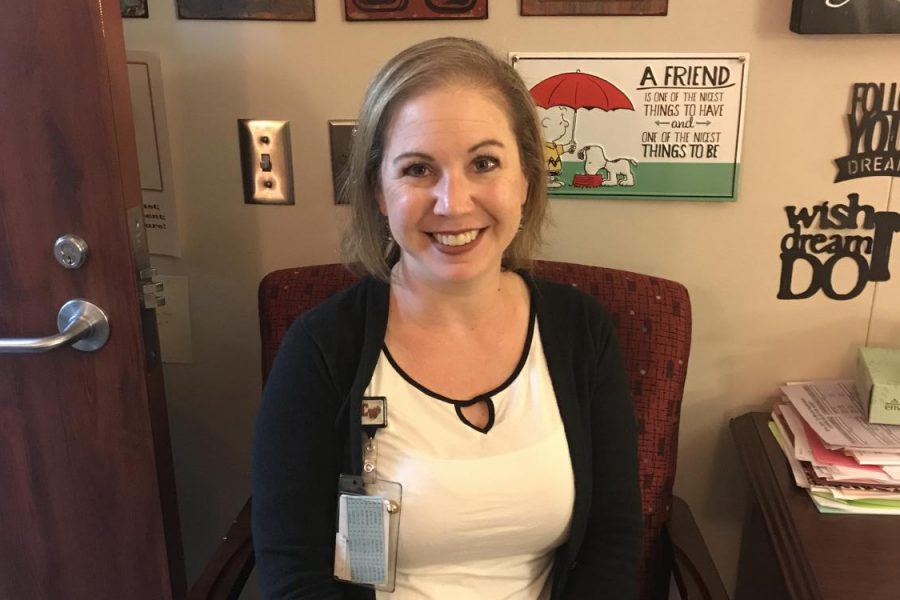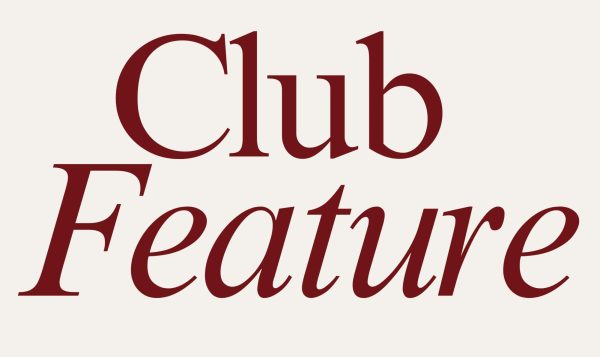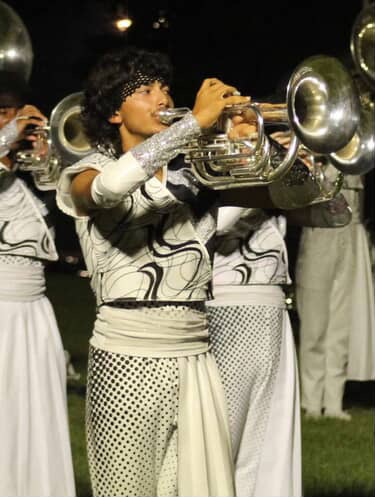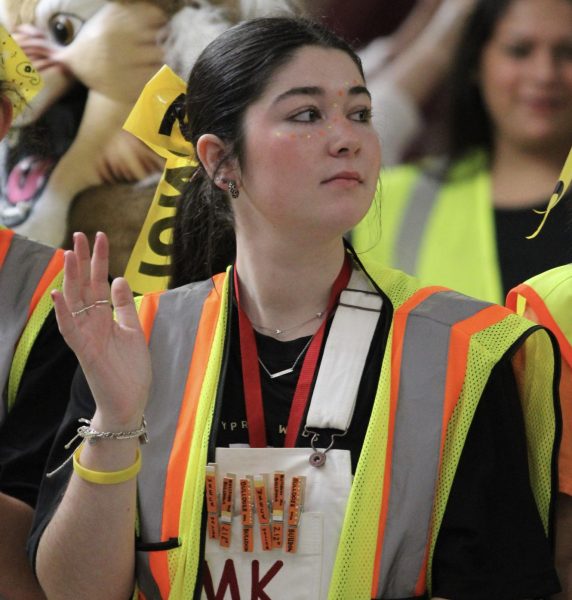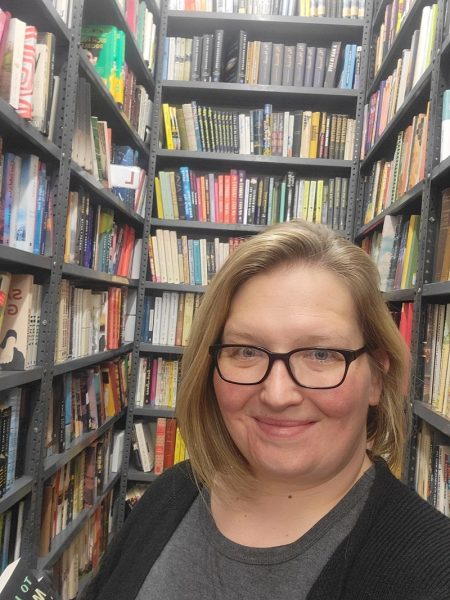The More You Know
What high school counselors wish you knew
Heather Palasota in her office.
For most people, the phrase “I wish I had known…” pops into their mind when thinking about their high school years. During high school, there are so many things that could be beneficial to have in mind when making important decisions. Two high school counselors sat down to answer questions about what they think students in high school should know.
Kathy Benz:
What is something you wish students knew about college, college applications, and college admissions?
Start early. That’s, I think, a big part. And I’m a little bit of a procrastinator, and I get that habit, but some kids are such procrastinators. And I think they just wouldn’t be so stressed if they did something so early. So they have all of July, and almost all of August, they could really get so much done. But we have so many kids who, with the demands of their senior year, get so stressed out. So, probably just start early on those college admissions. That’s the biggest thing.
What’s something you wish students knew about class selection?
Some kids don’t put a lot of thought into it, and so they a) don’t explore what’s out there and b) they don’t give enough thought to maybe what’s going to help them in the big picture. And sometimes kids don’t want to invest the work when maybe they should take more academically challenging things as their electives. But for some kids, [they] need those electives that kind of get them out of the academic world. And I think a lot of kids know what’s out there, but I don’t think every kid does.
What are some misconceptions students have about high school counselors?
Sometimes students think their counselors are just here for schedules. And a lot of times, that is what we’re working on, but the counselors what to know their kids. Take advantage of building that relationship with your counselor.
Junior KaitLynn Thomas asked: What’s something you wish students knew about standardized testing?
A: I don’t think you should ever let a test define you. Most of our kids do so well on the STARR test, but we do have those kids who just have such a hard time passing. That kind of chips away at their self-esteem and creates so much anxiety. And that’s sad for them.
Heather Palasota:
What’s something you wish students knew about the clubs here at Cy Woods?
What a lot of them don’t know is that if you don’t see anything that you like, you can get some friends together and find a sponsor and start your own club. And I think they also don’t realize how many options they have. There’s honestly something out there for everybody, I think. It’s important to get involved early because that comes back.
What’s something you wish students knew about AP/Duel Credit classes?
What I tell my students about both of those is, before you sign up for it, make sure it’s something that is going to actually translate into credits in college. If you look at a college’s website, it will tell you. And it’s great to have those credits, but is it really going to be beneficial? Is it really going to help you?
What resources are available to students in the counselor’s’ office?
We have Ms. England who is an amazing resource this year – our College and Career specialist. She’s been very helpful getting [students] connected with Lone Star. She does events for the parents at night; informational sessions. She updates our scholarship bulletin, which is an amazing resource for the students. We’ve got duel credit counselors on staff that are the liaison to Lone Star. We have a Lone Star counselor that comes to campus once a week. We have someone that comes to help students that are itinerant. We have a social worker who is phenomenal, and she knows of other resources.
Junior Karma Echols asked: How do you deal with kids who have mental or emotional issues?
Well, it depends on what the issues are. A lot of people have emotional issues. It depends, and that’s probably the best answer I can give. It depends on the students, it depends on the relationship I have with them, and it depends on what is going on. If they are a suicidal student, then we usually do a risk assessment. We call their parents and get their parents to come up here. If it’s something ‘bigger’, we do have a school psychologist who is sometimes allowed to intervene with our students, but we also have community resources we can refer to.
Your donation will support the student journalists of Cypress Woods High School. Your contribution will allow us to purchase equipment and cover our annual website hosting costs.

